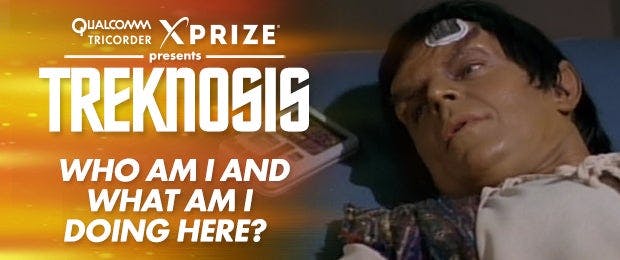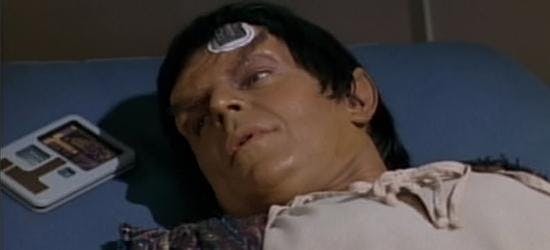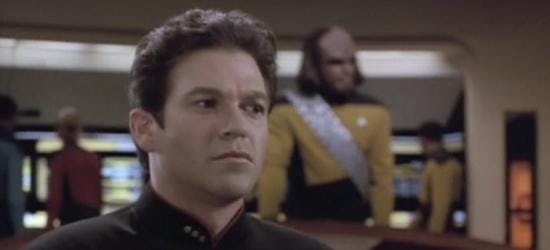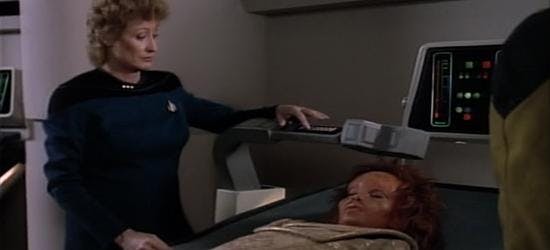Published Nov 23, 2014
TREKNOSIS: Who Am I And What Am I Doing Here?
TREKNOSIS: Who Am I And What Am I Doing Here?

It turns out that the 24th century is a dangerous time for your brain. If the crew of the USS Enterprise NCC 1701-D is any example, serving aboard a Federation starship — or even living anywhere a Federation starship might pass by — raises the chances of having your mind messed with to near 100%.You might be a member of a pre-warp civilization that just happened to see the wrong thing at the wrong time, in which case it's up to the ship's doctor to perform a memory wiping procedure on you, like Sarjenka of Drema IV ("Pen Pals"), or Liko of Mintaka III ("Who Watches the Watchers").



Speaking of drugs, it turns out run-of-the-mill anesthetics have effects on memory, too. About a third of the patients who undergo surgery have trouble with some of their brain functions after they've been discharged from the hospital, and although they usually recover eventually, a fraction of them can still be fuzzy-headed months later. Scientists at the University of Toronto unraveled this mystery recently: along with dulling pain, anesthetics apparently activate receptors in the brain specifically designed for memory loss, and in some cases, the effect can linger for a long time. The UT researchers recommend taking a pen and paper into the recovery room after surgery so you (or whoever's with you) can write down anything important doctors tell you.But you don't need to go under the knife to experience something similar… just head to the local dive bar. If you've ever gotten so drunk that you wake up the next morning and cannot remember exactly what happened, blame it on the booze. Alcohol doesn't actually erase your memories, but in sufficient quantities, it can prevent new ones from forming. This is why you can remember the earlier parts of a truly drunken evening, but once you tip over into a state of drunkenness that's referred to as "vortexing" by experienced partygoers, your brain throws in the towel and quits writing events into your memory altogether. It's not that you can't recall them later — they were never in there to begin with.





